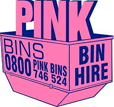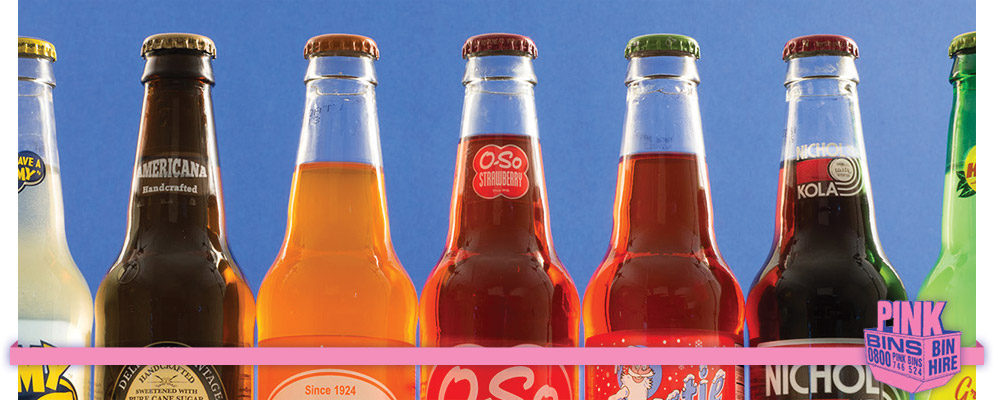During the 1970s, we had a pretty good recycling scheme in New Zealand. Back then, you could take empty glass bottles to a store in return for a refund. Well, the current Kiwi Bottle Drive campaign may see a return of this concept.
How the deposit return scheme works
It is all quite simple:
- The consumer buys a drink.
- The price of the drink includes a 10-cent refund fee.
- Once the consumer has finished the drink, he/she returns it to a store for a 10-cent refund.
- Later, all recyclable bottles are picked up and sent to a recycling plant.
This video explains nicely.
One huge benefit of the deposit return scheme is that is expected to generate more than 2,000 jobs.
Why we care about recycling
At Pink Bins, recycling is core to our business, and we have a recycling plant in Manukau, South Auckland. Much of the waste we pick up comes back to our depot for sorting. Then, we send any recyclables to recycling centres.
But, why do we care? Well, for every item that isn’t recycled, the world must use more natural resources, many of which are non-renewable. More important than that, though, is the impact waste has on our environment. For example, plastic takes hundreds of years to decompose, which means every plastic product ever made still exists in one form or another. Sadly, a lot of waste finds its way into our oceans and kills marine life.
Is the deposit return scheme only for plastic?
The simple answer is no. The scheme includes all drink containers above 300 mls and below three mls. In addition to plastic, materials accepted include aluminium, glass, cartons (milk, tetra packs), plastic pouches and tubes.
Playing catch-up with the world
About 40 countries have a deposit-return scheme, and Germany already boasts a 98% recycling rate. Also, by the end of the year, our good friends across the ditch, Australia, will have the scheme in all states.
Let’s look at Estonia
The sovereign state of Estonia, in Northern Europe, take recycling seriously. Consequently, they have operated a deposit-return scheme of more than 12 years. During this time, they have recycled 3.2 billion drink containers, and 90% of all plastic ends up back in the recycling system.
In Estonia, they use stand-alone return stations, although we’re not sure if that is what’s proposed for New Zealand. All people do is insert their bottles and then choose between receiving a refund or donating to charity.
What a brilliant idea.
We hope you enjoyed this post. If so, please share.

